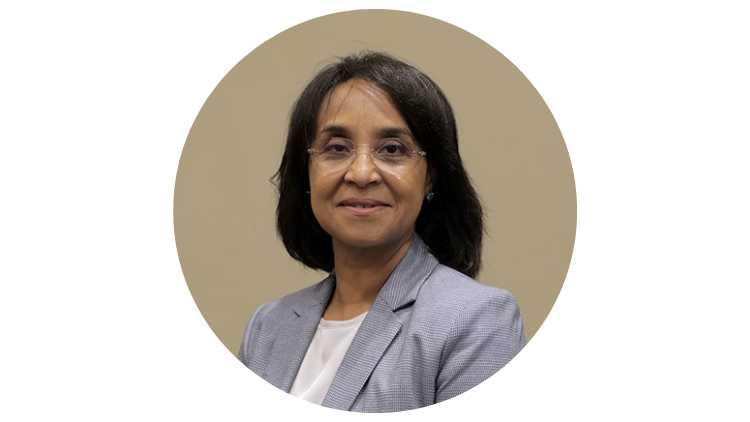

24 Oct 2024, 10:40
24 Oct 2024, 11:25
Hybrid, Hilton Riyadh Hotel & Residences, Riyadh, Saudi Arabia and online
UNIDO and the Ministry of Industry and Mineral Resources of the Kingdom of Saudi Arabia
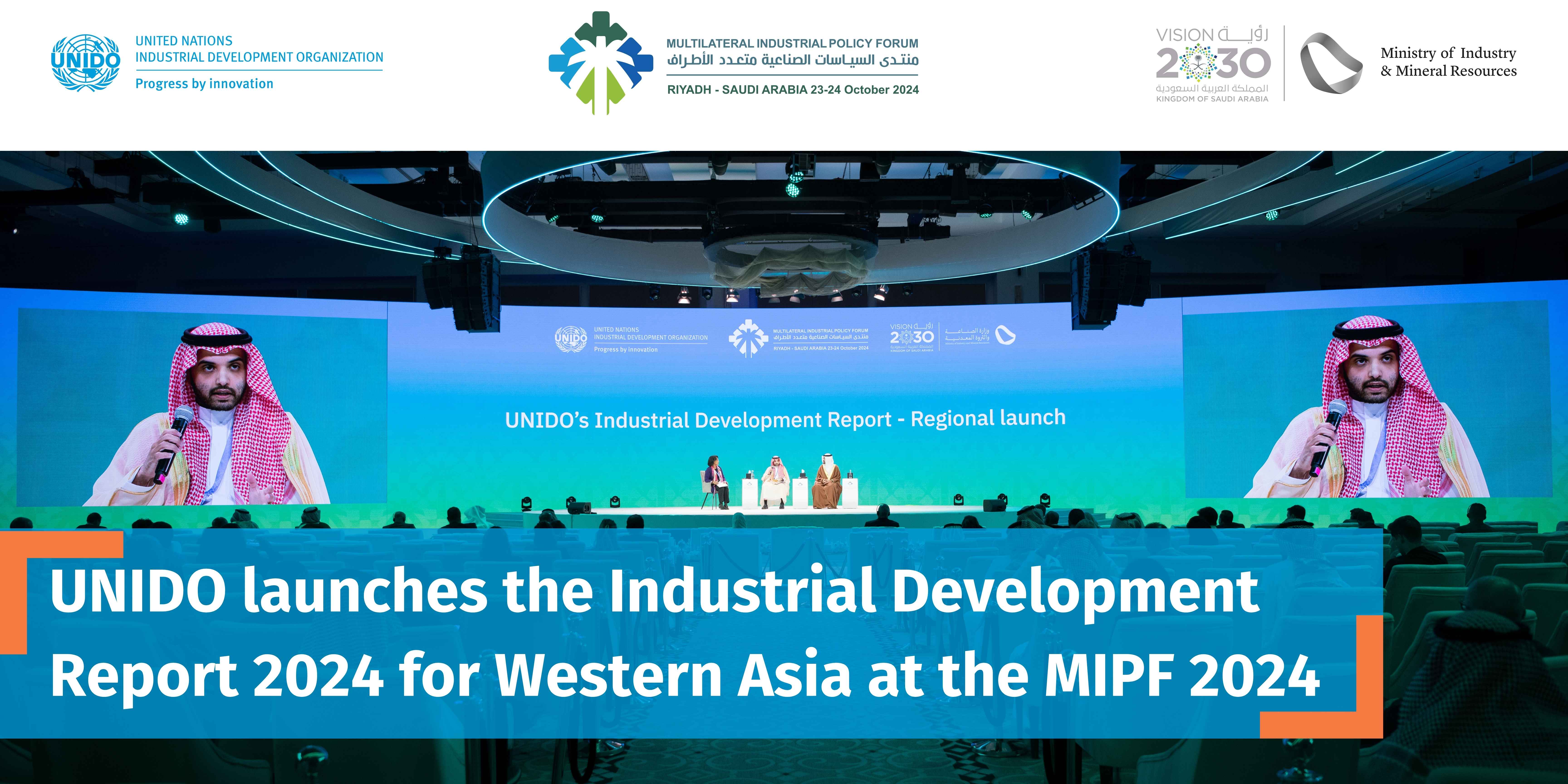
Background
The global poly-crisis (COVID-19, armed conflicts and climate change-induced catastrophes) has severely impacted livelihoods worldwide. Consequently, unemployment, poverty and hunger have increased. The prospects for recovery are further complicated by ongoing trends such as rapid technological change, a growing global population, rapid environmental degradation and heightened political tensions, presenting new challenges, especially for the developing world.
In this volatile environment, the industrial sector plays a pivotal role given its strong linkages to other societal and environmental goals. When industrial policy is aligned with the SDGs, it can ignite innovation, create decent jobs and contribute to climate change mitigation. However, industrialization does not happen on its own. It requires coordinated efforts and carefully designed policies.
Building on the key findings of the Industrial Development Report (IDR) 2024 and the case studies showcased in the report, this session will provide a platform for high-level policymakers to discuss policies in action across Western Asia. The panel discussion’s objective is to exchange knowledge and best practices on industrial policy, with a thematic focus on the energy transition, digitalization and GVC reconfiguration.
The session will take part within the Multilateral Industrial Policy Forum 2024, co-organized by UNIDO and the Ministry of Industry and Mineral Resources of the Kingdom of Saudi Arabia.
Agenda
| Time | Details |
|---|---|
| 10:40-10:45 | Opening remarks
|
| 10:45-10:55 | Presentation of key findings and messages of the IDR 2024 for Western Asia
|
| 10:55-11:15 |
Panel discussion “Policies in action in Western Asia: Insights from the Industrial Development Report 2024”
|
| 11:15-11:25 | Q&A sessions and closing remarks |
Moderator

Ms. Mounia Boucetta, Senior Fellow, Policy Center for the New South
Mounia Boucetta is a Senior Fellow at the Policy Centre for the New South and an affiliated professor at Mohammed VI Polytechnic University. Since 2020, she has also been a Director of Mission in the OCP Group’s Office of the President and CEO.
With more than two decades of experience in the Moroccan public administration, she has held various management and leadership roles, contributing significantly to the development and implementation of industrial and trade policies in Morocco. From 2017 to 2019, she was Secretary of State for the Minister of Foreign Affairs and International Cooperation, where she was particularly responsible for economic partnerships and cooperation.
Speakers
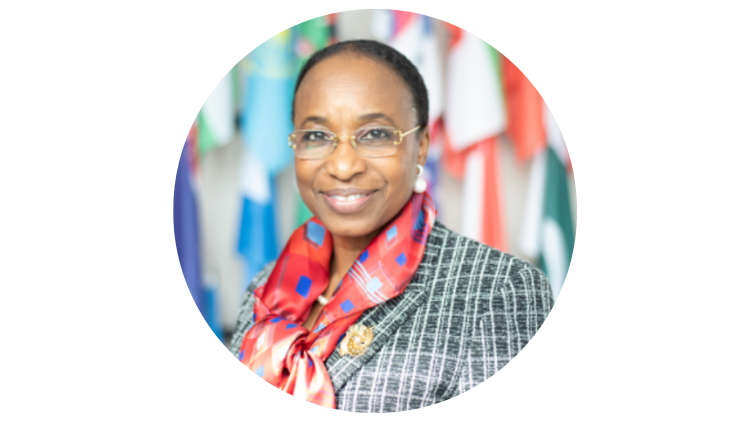
Ms. Fatou Haidara, Deputy to the Director General and Managing Director, Directorate of Global Partnerships and External Relations and Director General’s Special Representative for Africa at UNIDO
Fatou Haidara, Deputy to the Director General and Managing Director of the Directorate of Global Partnerships and External Relations, and Director General’s Special Representative for Africa at the United Nations Industrial Development Organization (UNIDO), has had an extensive career as a strategic partnerships and policy envoy. Prior to joining UNIDO, she served the Government of Mali for eight years in several ministerial positions, including as Minister of Employment and Vocational Training and Minister of Industry, Trade and Private Sector Development.
At UNIDO, Ms. Haidara led and coordinated UNIDO’s contribution in a number of multi-lateral negotiations culminating in resolutions that have set the foundation for inclusive and sustainable industrial development (ISID); notably, the Istanbul Plan of Action for LDCs and the Lima Declaration. She has promoted and contributed to UNIDO’s programmes in Africa, cooperation with Least Developed Countries, expanding South-South Cooperation as well as initiating and leading programmes for Human Security, Youth Employment and the Economic Empowerment of Women.
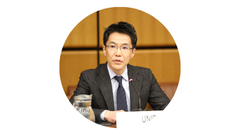
Mr. Nobuya Haraguchi, Chief, Industrial Policy Research Unit at UNIDO
Nobuya Haraguchi is the Chief of the Industrial Policy Research unit at UNIDO, responsible for UNIDO’s research work and industrial assessment. The unit produces the organization’s flagship publication, Industrial Development Reports, conducts country diagnostics for programming, and share policy recommendations through policy briefs. He has published widely on structural change, patterns of manufacturing development, and industrial policy. Before joining UNIDO, he taught macroeconomics at university.
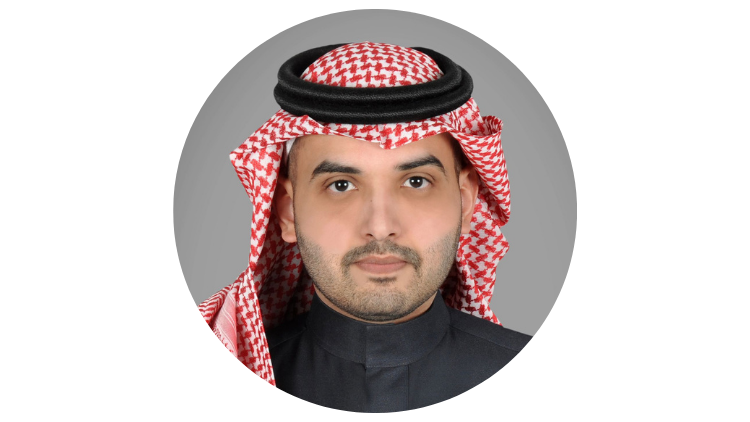
Mr. Naif Al Osaimi, Executive Vice President of Strategy, Planning and Economics at the National Industrial Development and Logistics Program (NIDLP) of the Kingdom of Saudi Arabia
Naif Alosaimi is the Executive Vice President of Strategy, Planning and Economics at the National Industrial Development and Logistics Program (NIDLP). Naif participated in setting NIDLP’s overarching strategy and other national strategies that are crucial for the realization of the Kingdom’s Vision 2030. Previously, Naif worked for Saudi Aramco as a head of the Chemicals projects support unit, where he contributed to multiple mega projects in the areas of crude to chemicals and chemicals integration. Naif has an executive MBA from London Business School and has a BSs Chemical Engineering from King Fahd University of Petroleum and Minerals.
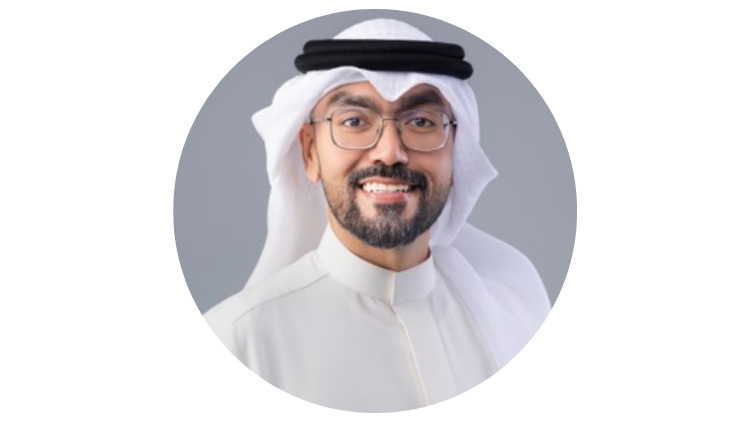
Mr. Khaled Fahad Al Alawi, Assistant Undersecretary of Industrial Development, Ministry of Industry and Commerce of Bahrain
Fahad Alalawi serves as the Assistant Undersecretary of Industrial Development at the Ministry of Industry and Commerce in the Kingdom of Bahrain. In this pivotal role, he is responsible for developing and implementing policies that promote industrial growth and innovation within the country. His work involves strategic planning aimed at enhancing Bahrain's industrial competitiveness on a global scale.
Khaled oversees key projects that foster infrastructure development and technological advancements, ensuring that the industrial sector aligns with national economic goals. He actively engages with industry stakeholders, government entities, and international organizations to facilitate trade and investment opportunities, helping to create a collaborative environment for growth.